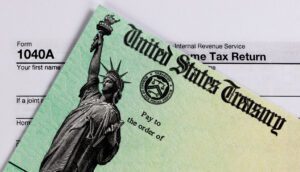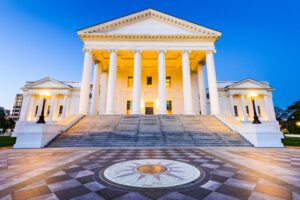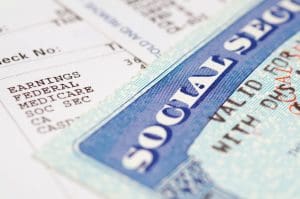The economic crisis caused by the coronavirus pandemic poses a triple challenge for tax policy in the United States. Lawmakers are tasked with crafting a policy response that will accelerate the economic recovery, reduce the mounting deficit, and protect the most vulnerable.
To assist lawmakers in navigating the challenge, and to help the American public understand the tax changes being proposed, the Tax Foundation’s Center for Federal Tax Policy modeled how 70 potential changes to the tax code would affect the U.S. economy, distribution of the tax burden, and federal revenue.
In tax policy there is an ever-present trade-off among how much revenue a tax will raise, who bears the burden of a tax, and what impact a tax will have on economic growth. Armed with the information in our new book, Options for Reforming America’s Tax Code 2.0, policymakers can debate the relative merits and trade-offs of each option to improve the tax code in a post-pandemic world.

Property and Transfer Tax: If It Moves, Stop Taxing It.
Portugal’s turnover tax on real property transfers places a serious drag on economic growth by making it harder for people to relocate for better jobs and living conditions while constraining investment into the development of housing and buildings.
5 min read
Taxes and Migration: New Evidence from Academic Research
Do taxes affect individuals’ decisions regarding where to live and work? Can high taxes cause the outmigration of wealthy individuals?
5 min read
Evaluating the Proposed Tax Changes in Illinois Governor’s FY 2025 Budget
In his FY 2025 budget, Illinois Gov. Pritzker outlined a number of proposed tax changes, including to individual and corporate income taxes, state sales taxes, and sports betting excise taxes.
7 min read
Maryland Proposes a Lower Tax Category for Ready-to-Drink Cocktails
A tax based on alcohol content would be the most neutral, straightforward means of raising revenue from alcohol. But since such a tax would constitute a redesign of the entire alcohol tax system at both the state and federal levels, the next best approach is to create more categories for new products.
4 min read
U.S. Must Fix R&D Treatment to Compete with China
Though providing permanent R&D expensing alone would not be a China-competition magic bullet, it is a no-brainer place to start. In this technological race, we should first make sure we have not tied our own shoes together.
4 min read
Vermont Lawmakers Consider Harmful Taxes on the Wealthy
Vermont lawmakers are considering the adoption of two new taxes on high earners, which proponents have branded “wealth taxes.”
4 min read
Why Your Tax Refund Is Nothing to Celebrate
Don’t be fooled by tax myths and misconceptions this tax filing season.
3 min read
Portugal’s Corporate Taxes Stifle Investment and Economic Growth
Portugal has the second highest top corporate tax rate in the OECD at 31.5 percent, including multiple top-up taxes. Unlike most OECD countries, Portugal imposes a highly progressive tax structure on corporate income.
6 min read
Virginia Considers Expanding Its Sales Tax Base to B2B Digital Services
Expanding Virginia’s sales tax base to include B2B digital transactions could lead to tax pyramiding, hide the true cost of government, and make the sales tax system much less neutral and transparent.
5 min read
Sustainably Reforming Social Security and Medicare Will Need More than Just Tax Hikes
Creative options including changes in Social Security benefits growth for higher earners and reforms to how Medicare compensates for health services should be on the table, along with broad-based and well-structured tax reforms.
6 min read